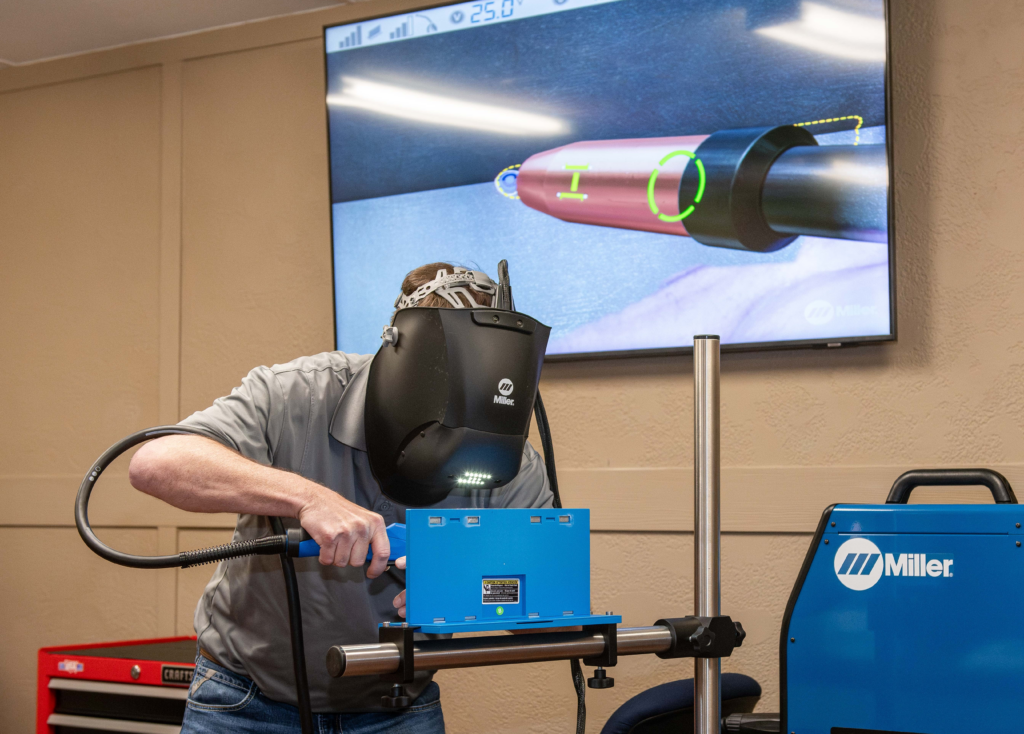Theta Network is the next-generation media and entertainment blockchain. The network enables media and video streaming platforms to increase revenues while lowering costs through sharing storage and bandwidth. At the Blockdown 2022 conference, we interviewed Theta Networks’ head of strategy, Wes Levitt, about the Theta Network and what methods are being implemented to grow the platform.
Wes started by explaining that originally, the Theta Network was created to solve the CDN costs associated with streaming and cloud-based applications:
“The CDN costs and other cloud services taking up 50% of the bill wasn’t sustainable. So we started by putting our heads together about a way to push some of that onto a peer-to-peer network. We wanted to solve the CDN problem. That’s right about when I joined before the launch of the data blockchain.”

From that simple analysis, Theta network developed a solution that would not only help solve the issues associated with CDN costs but enable users that offered up their bandwidth to earn at the same time. Sharing takes place using a tracking algorithm that pings users based on their location to facilitate bandwidth and storage sharing:
“The tracking algorithm we created looks at all those users in an area that uses our SDK and maps everyone else in the nearby area watching the same stream. Then it will very quickly ping all the users in the area that it is close enough to get to.”
Wes continued:
“And let’s say you and I are watching the same stream, I would try to ping you and see if you have that; if you do, send it to me. If not, I immediately, in like 100 milliseconds, get it from Amazon or Akamai or something like that.”
“You don’t want the user experience suffering. So it tries to avoid appearing first because that’s cheaper and more efficient. If it can’t do that, it pulls it the traditional way.”
Thus, the Theta Network is about making CND cheaper and more efficient for consumers, putting the user experience first.
“Why pull a video from a server from across the world when you can get all the bandwidth you need from your neighbor”
Wez explained eloquently.
Alongside the network launch, Theta also has an impressive set of seed investors, such as Sony and even Samsung, that believe in the Theta network. As a result, the Theta Network continues to build out its suite of decentralized products, such as the introduction of NFTs and other decentralized ways of sharing bandwidth and storage to serve media companies and consumers.
But the Theta Network is not trying to create its own metaverse but rather provide the tools and infrastructure to support existing and future ones:
“We’re not building a metaverse, although we have a soft spot for VR, having come from the space. But we think of many of the tools we built in the video and entertainment space as support tools for people that are building metaverses.”
Asked whether these tools will be utilized not just by small and medium-sized companies but larger streaming platforms like Twitch and Youtube, Wes explained it is unlikely right now:
“So we’ve had many conversations with Twitch and YouTube over the years. We found that it’s just too big of a change for them. Likewise, the larger you get, the costs per byte aren’t as expensive.”
“So I don’t think they’ll be the first to adopt even though it would help them because it’s not as massive of a pain point as the smaller and midsize video platforms where CDN costs are costly.”
Thus, the Theta Network brings value to all in some shape or form. You can visit their website for more information regarding the Theta Network and their suite of products.
For more market insights, check out our latest Digital Twin news here.













